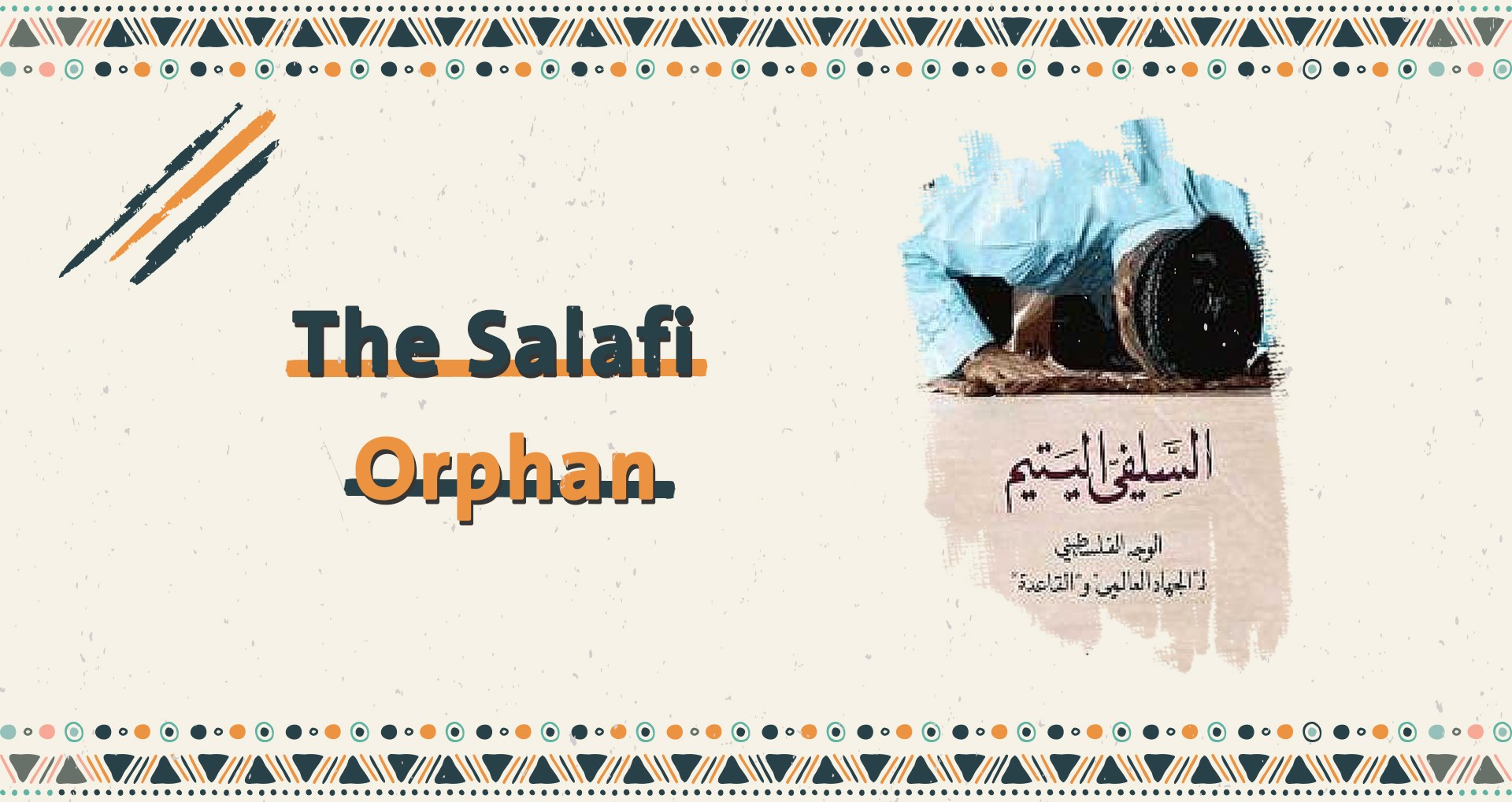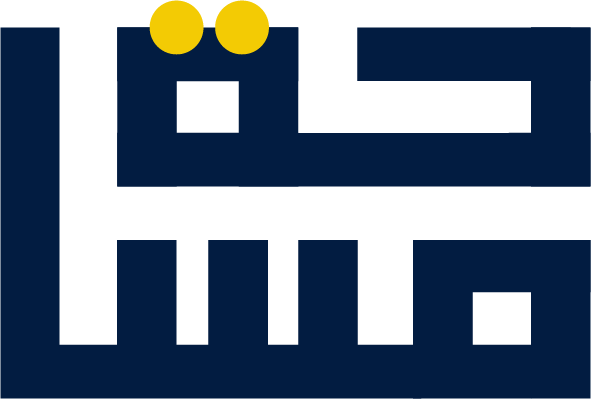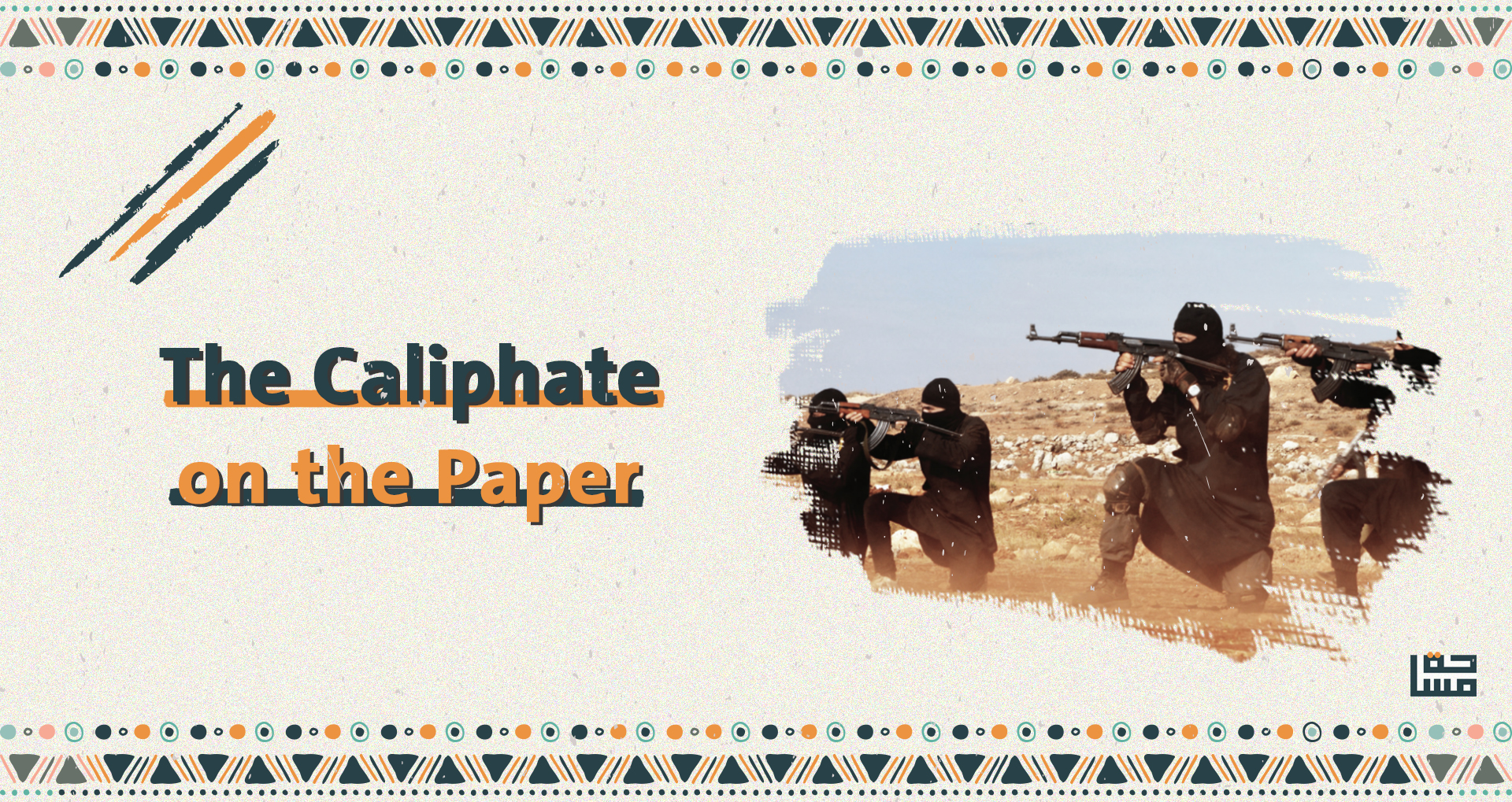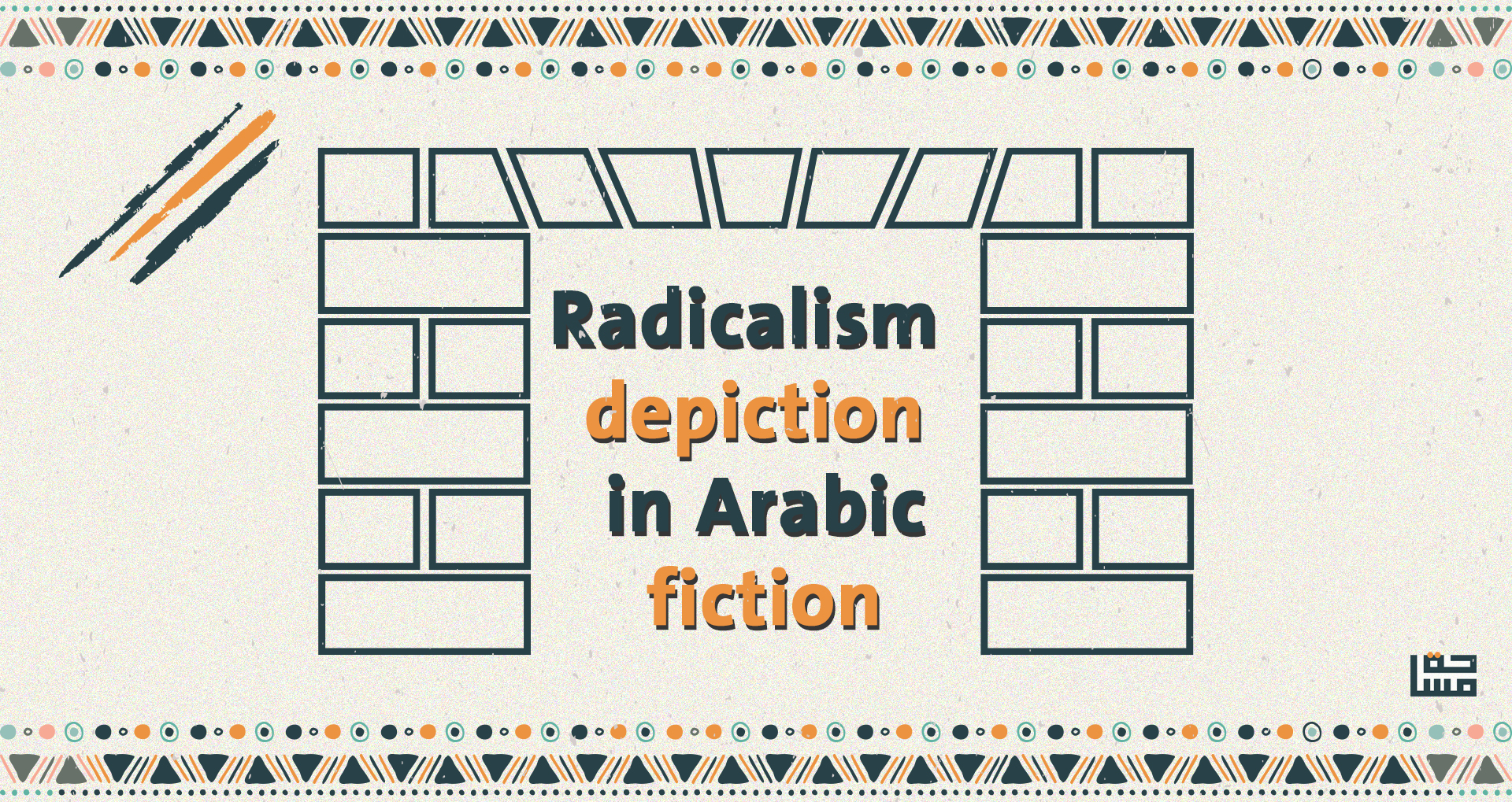The Salafi Orphan

The Grand Mufti of Jerusalem, Haj Amin al-Husseini, said in 1933 that Palestine is Muslims’ top priority case, so isn’t Palestine worthier of jihad than other countries?
What prompts these prominent Palestinian figures to issue fatwas for a global jihad that might lead members of Islamic jihadist groups to fight in far east Asia, while Palestine is nearby their training camps?
The Lebanese writer and journalist Hazem Al-Amin tried to provide explanations from several countries of the Palestinian diaspora in his book The Salafi Orphan: The Palestinian Face of World Jihad and al-Qaeda.
Al-Qaeda and the identity crisis
Al-Qaeda is an organization with incomplete identity that contains contradictions and how they are brought together. With the jihad coming from the Levant after the Palestinian exodus, and the Salafism that struck its roots deep in the Gulf, Al-Qaeda comes to emerge as Jihadi-Salafi identity in which its affiliates deny their previous identities, to dissolve with other jihadists into one Islamic identity.
The Palestinian identity crisis: a unilateral crossing
The Arab person has been experiencing an identity crisis since the Sykes-Picot agreement in 1916 where the Arabic Islamic community as divided into several new identities: Syrian, Lebanese, Iraqi, Palestinian, etc. But Islam remained the common denominator and the strongest presence in their identities.
The Arab person has been experiencing an identity crisis since the Sykes-Picot agreement in 1916 where the Arabic Islamic community as divided into several new identities: Syrian, Lebanese, Iraqi, Palestinian, etc.
In the 1948 Palestinian exodus, more than 700,000 Palestinian Arabs fled or were expelled from their homes, during the 1948 Palestine war. The displacement waves to several parts of the region gave the Palestinians a certain character, but did not give them an identity.
The identity crisis came from the host communities where Palestinian lived with. Those communities refused to grant the Palestinians their identity. Here is what Al-Amin called the unilateral crossing dilemma. For example, Palestinians who lived in Jordan and had the Jordanian citizenship could not be accepted as Jordanians by the Jordanian community. People in Jordan kept calling them Palestinians. But the other direction was possible where Palestinians in the diaspora could accept many other nationalities to cross to be Palestinians and join the Jihad for fighting for Palestine.
Palestinians who lived in Jordan and had the Jordanian citizenship could not be accepted as Jordanians by the Jordanian community. People in Jordan kept calling them Palestinians
Here was the importance of the Palestinian role in the global jihad and providing it with prepared fighters. Some significant examples are Abu Musab al-Zarqawi, the Jordanian who was a student of the Palestinian Abu Muhammad al-Maqdisi, the Saudi Osama bin Laden in the early founding of al-Qaeda, and the Palestinian Abdullah Azzam.
Fatwas for the Palestinian popular incubator for the global jihad
As the communities in the diaspora refused the Palestinian identity, al-Qaeda came to proclaim Islam as an alternative identity. Many prominent figures issued fatwas for al-Qaeda, such as Abdullah Azzam, Abu Mohamed Al-Maqdisi and Abu Anas Al-Shami who did not confine the jihad area in Palestine, but Palestine is not the goal but it is still the land of Jihad that has no boundaries. So those leaders moved jihad to other parts of the world in the pretext of the so-called ‘the greatest Jihad’ in all Muslim countries all over the world will lead to Palestine which is not possible now.
Some other fatwas further explain that for example if a Palestinian was born in Sweden, brought up there and studied in their schools, his Palestinian identity will fade, here their identity should be supported and strengthened.
Jihadi organizations in different names
Many names of jihadi figures and organizations changed several times, but the radical jihadi ideology did not change.
Al-Amin allocated each chapter to the Palestinian community in a country of the diaspora, where each community provided Palestinians with a character different from the other communities, and all those different characters were gathered in the title of the book, The Salafi Orphan, the Palestinian who was not accepted to be Kuwaiti, or Jordanian, or others, but the Muslim Salafi only, wherever jihad calls him, he found his identity there. He felt that this new identity freed him from the confinement of his vulnerable Palestinian identity in diaspora.
Many names of jihadi figures and organizations changed several times, but the radical jihadi ideology did not change.




